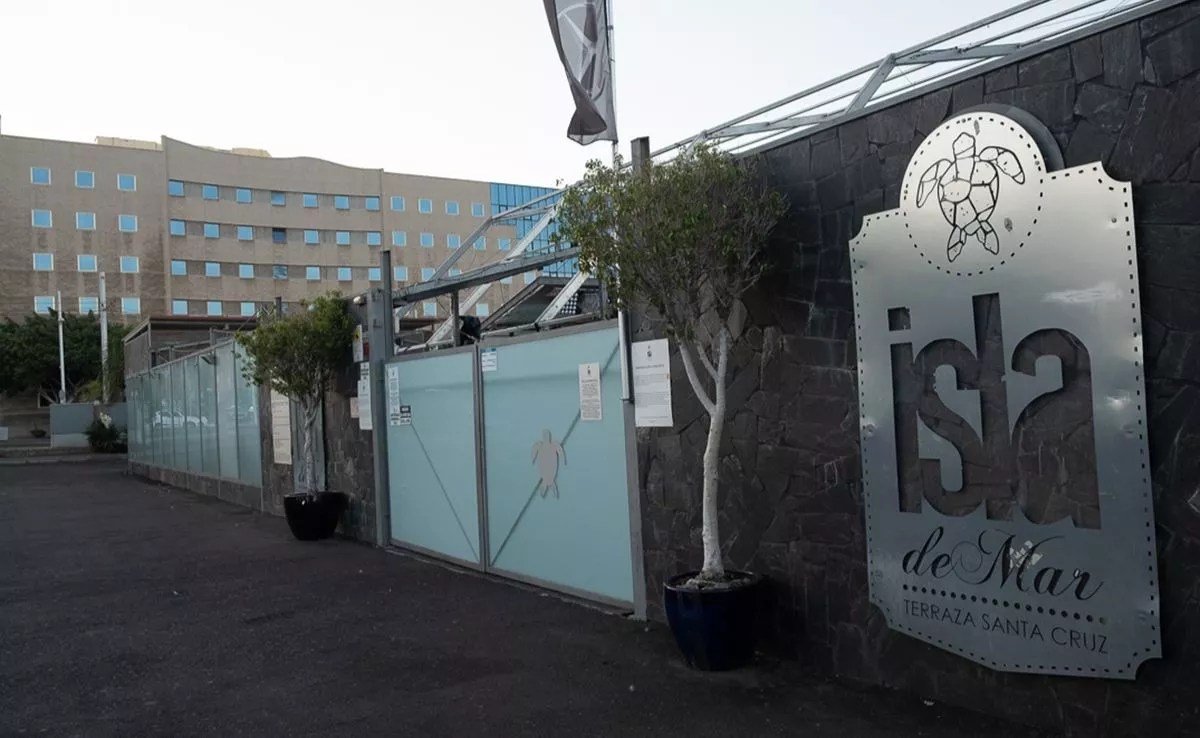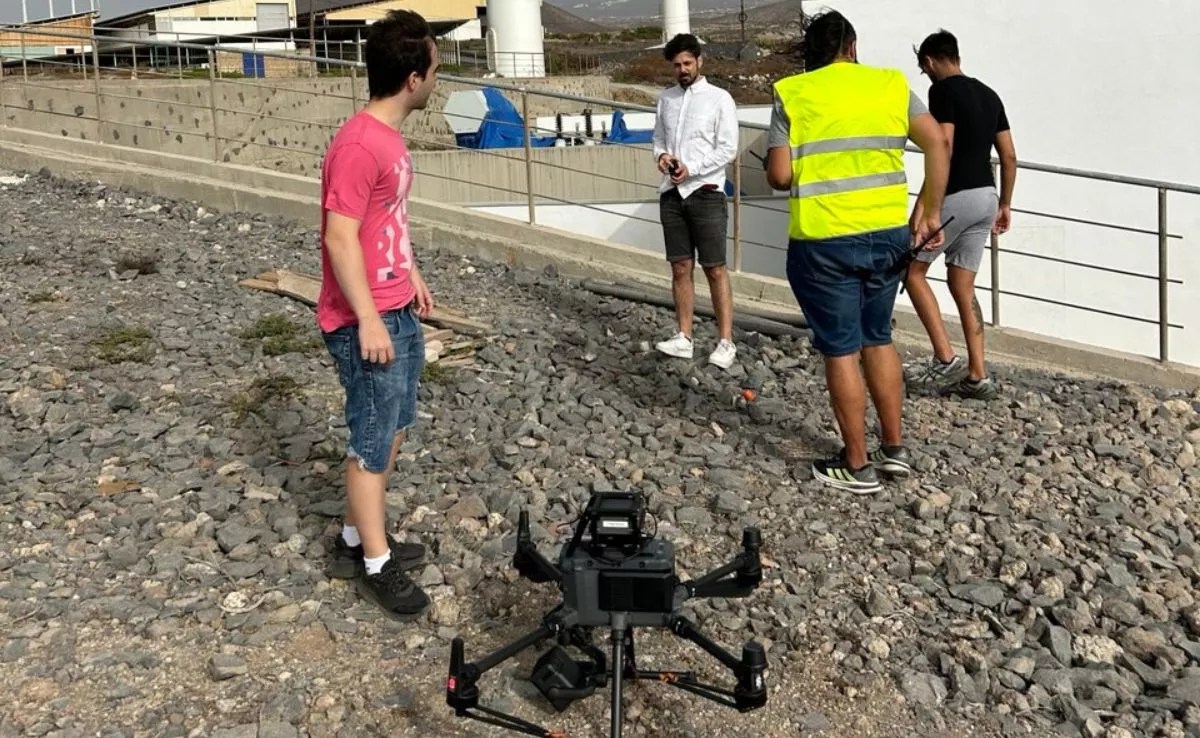Santa Cruz de Tenerife, 7 Mar. (Europa Press) –
The Cabildo de Tenerife hosted an official event on Friday to mark International Women’s Day, celebrated on March 8. During the occasion, they reiterated their commitment to ensuring equality for women and girls as well as guaranteeing their complete and effective participation, acknowledging that “there is still progress to be made.”
In the Noble Hall, the official meeting was led by the Insular President, Rosa Dávila, alongside the island’s director of equality and diversity, Patricia León; the Minister of Social Action, Águeda Fumero; insular director of Social Action, Yolanda Baumgartner; and other representatives from various political factions.
The agreement passed by the Cabildo de Tenerife expresses a firm and unanimous rejection of the inequalities faced by women and girls on the island, as well as this insular corporation’s “commitment” to tirelessly work towards their elimination.
They advocate for continued collaboration with Tenerife society through the insular gender equality network, Tenerife Violeta, and the strategic framework, to establish key lines and initiatives aimed at creating a “more equal, just, free, diverse, and democratic society.”
The agreement also emphasises the importance of working with local councils on policies of equality, fostering participatory and collaborative spaces, and furthering awareness and information campaigns, with a particular focus on the younger demographic.
President Rosa Dávila highlighted that International Women’s Day represents over a century of struggles by women seeking genuine equality. She acknowledged the “challenging” current social and political landscape, marked by “discourse attempting to reverse hard-won rights.”
“Since the mid-nineteenth century, when women in textile factories began protesting for equal pay with their male counterparts, there has been a consistent uprising to demand the most fundamental social and labour rights that have been denied to women for centuries simply due to their gender,” she noted, adding to the discourse, Águeda Fumero stated.
The Journey Ahead
The counsellor elaborated on how the “inequalities” that feminism highlights are “structural and global, affecting the most vulnerable and oppressed individuals”, who predominantly are “women in all their diversity.”
Priscila de León expressed concerns that “despite a century of progress, equality has been realised in numerous areas, yet we still have a distance to cover in others, such as the gender pay gap, glass ceilings, and sticky floors.”
She also referred to the precarious conditions of feminised jobs —particularly in care sectors—, the career penalties associated with motherhood, and the rise in gender violence, especially “following the surge of misogynistic rhetoric that has unfortunately made worrying inroads into our younger demographics.”
Cristina Morales highlighted that the year 2025 holds particular significance, marking 30 years since the Beijing Declaration and Platform for Action, a pivotal document in the advancement of gender equality that has achieved “a great deal” since its adoption in various sectors, including legal protection.
Yolanda Baumgartner pointed out that “gender equality and the dismantling of gender roles and stereotypes remain among the foremost challenges in human rights,” emphasising that we must not overlook the sacrifices made by numerous women in their fight for their rights.
“This is a moment to remember all the women and girls who still remain unheard and those who are hindered in reaching their full potential, as basic rights such as access to health and education are still not recognised for many women and girls worldwide,” she added.
Consequently, Patricia León remarked that all public administrations “must serve as a protective shield for all these hard-fought rights, while also continuing the struggle for the rights that remain to be won for the true equality of half the global population, namely women and girls.”
In this regard, she stated, the Cabildo de Tenerife “will persist in its efforts” towards achieving genuine equality, aiming to foster an understanding among all of Tenerife’s citizens that respect for equality equates to respect for human rights.
She asserted the “crucial” nature of this struggle for creating a society in which “models of equality, justice, freedom, diversity, and democracy” are upheld.
















